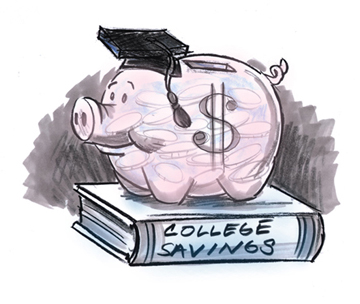The high cost of getting and keeping up with auto insurance can be a big hit on anyone’s budget. Fortunately, for anyone in the car insurance market there are a lot of different ways to save on this insurance. Follow these four tips to start saving hundreds of dollars a year.
1. Start your search for insurance by shopping around.
Be sure to compare car insurance prices at several different auto insurance companies. During your search, you’ll probably realize that car insurance rates can vary a lot between companies. In addition to just the normal market differences, auto insurance companies typically vary their rates based on a variety of factors, all of which differ among different companies. For example, the driver’s age and gender can be among the biggest factors in determining someone’s premium at one company, while another company may give more weight to a person’s driving history. Additionally, credit history and where the car is kept at night are also used by some companies to determine premiums.
2. Explore the possibility of bundling your insurance policies.
Many auto insurance companies offer their most significant discounts to customers who have more than one policy with them. This can mean insuring multiple cars, or switching over policies such as homeowner’s, life, or renter’s insurance to your auto insurance company.
3. Ask about how increasing your deductible could save you money.
With many companies, increasing a deductible by as little as $500 can save a consumer a lot of money on their premium. This lower cost to the consumer is a result of the insurance company decreasing their liability. Of course, it is critical to make sure that you have enough cash in a savings account to make up the difference for a higher deductible in the case of an accident. In general, though, since it is likely that you would not claim small damage amounts to your vehicle, increasing your deductible won’t really affect your budget much.
Many insurance companies will offer their clients discounts for a variety of safe and normal activities. For example, auto insurance companies currently offer discounts to their customers who regularly wear a seatbelt, have a car alarm system installed in their vehicle, have airbags installed in their car, change their oil on a regular basis, and/or are considered by their state licensing board to be good drivers.
Saving on car insurance doesn't have to be an annoying nag by commercial after commercial. It can be achieved in these four simple steps with the added comfort of saving online.

Author Bio: Brittney L. is a freelance writer and car insurance expert. She enjoys traveling the New England area with her husband and compares travel car insurance rates online to help save money.













